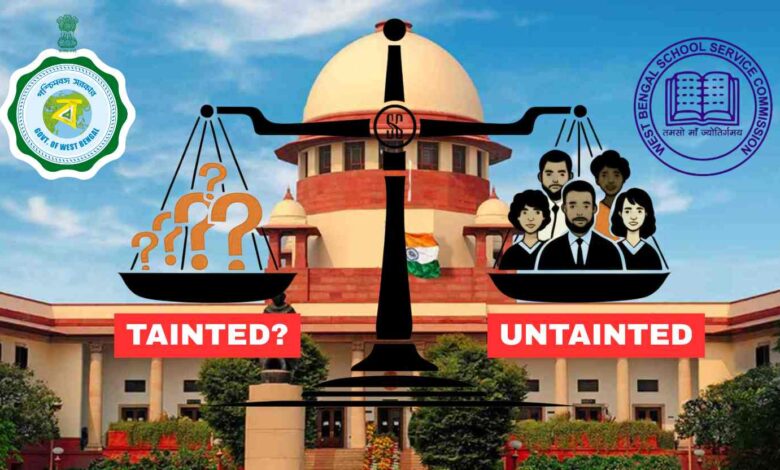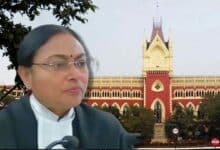SSC Case: Age Relaxation Denied, A New Hurdle for Job Seekers in the Supreme Court’s Latest Ruling.

SSC Case: The Supreme Court has announced its final verdict in the case challenging the Calcutta High Court’s decision to cancel 26,000 jobs. A bench comprising Justice Sanjay Kumar and Justice Satish Chandra Sharma has stated that it will not interfere in the matter and has directed the state government and the School Service Commission to proceed with the examination process according to the new rules. This verdict makes the future of the job aspirants dependent on a new examination and creates new complications regarding the age limit.
Key Aspects of the Court’s Verdict
This Supreme Court verdict has several crucial aspects that will play a major role in determining the fate of the job aspirants. Let’s take a look at these points:
- No Age Relaxation: The primary demand of the petitioners was for age relaxation as per the 2016 rules. However, the Supreme Court has clearly stated that the examination will be conducted according to the new 2025 rules, and a universal age relaxation is not possible. Only qualified candidates and persons with disabilities will be eligible for this concession.
- A Humanitarian Exception: In a notable exception, the court has ordered the job of Soma Ray, a cancer patient, to be retained on humanitarian grounds.
- Petitions Dismissed: Both the Calcutta High Court and the Supreme Court dismissed the petitions demanding age relaxation. The court mentioned that the original bench led by Chief Justice Sanjiv Khanna did not mandate any universal age relaxation in its initial order.
- Court’s Admonition: Justice Sanjay Kumar’s bench strongly condemned the trend of frequently filing Special Leave Petitions (SLPs), comparing it to “gambling.” The court believes such a practice is not healthy for the judicial system.
The Future of Job Aspirants and the New Examination
Following this Supreme Court verdict, the responsibility of conducting a new examination now rests with the state government and the School Service Commission. If the exam is held under the new rules, many candidates from the 2016 panel will lose their opportunity to sit for the exam due to the age bar, causing immense frustration among them. However, the provision for exceptions in certain cases has brought some relief to a few candidates.
This verdict is an attempt to bring transparency to the recruitment process, but it also presents a new challenge for the job aspirants who are weary from the long legal battle. It now remains to be seen how the state government conducts this examination process and when the deserving candidates will receive their rightful appointments.

